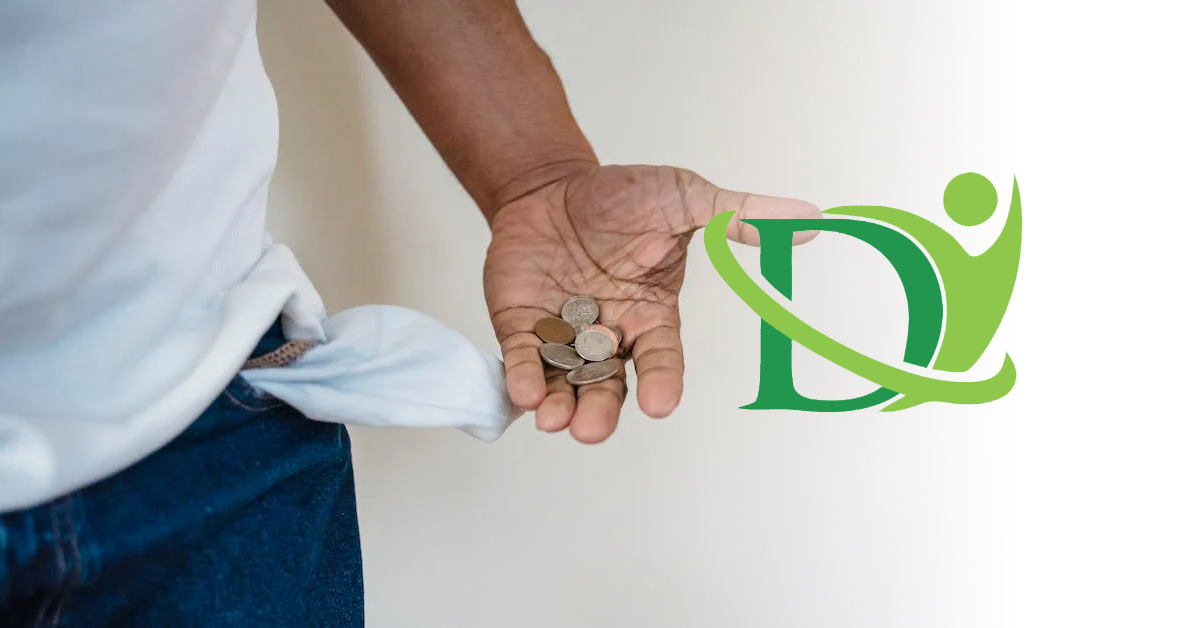
Effective Budgeting Tips for Reducing Debt
October 15, 2024
Impact of Debt on Credit Scores Explained
November 1, 2024Managing multiple debts can be overwhelming. Debt consolidation presents a viable solution by combining various debts into one manageable payment. This method simplifies finances and can potentially lower monthly payments with a reduced interest rate.
Debt consolidation is especially helpful for those juggling high-interest credit card debts, personal loans, and other liabilities. By consolidating debts into a single payment, individuals can focus on paying off what is owed without the stress of tracking multiple payment dates and varying interest rates. This method also offers the chance to improve credit scores by making consistent payments.
In Canada, several debt consolidation options are available, including personal loans, balance transfer credit cards, and home equity loans. Each option suits different financial situations and comes with its own set of pros and cons. Understanding these options helps in selecting the best strategy tailored to specific needs.
Effective debt consolidation not only streamlines payments but also provides a clear path toward financial freedom. Being well-informed about each option ensures better decision-making and long-term financial health.
Understanding Debt Consolidation in Canada
Debt consolidation involves merging multiple debts into a single loan with a lower interest rate. This approach simplifies the repayment process and can reduce the overall cost of debt. In Canada, debt consolidation is a popular method for managing high-interest liabilities such as credit card balances, personal loans, and other unsecured debts. By consolidating these debts, individuals only need to focus on one payment, which can be easier to manage.
The benefits of debt consolidation are significant. It provides a structured repayment plan, making it easier to stay organised and on track with payments. Lower interest rates can save money over the life of the loan, and fixed monthly payments offer predictability. Debt consolidation can also improve credit scores by reducing the likelihood of missed payments.
Multiple avenues exist for consolidating debts in Canada. Financial institutions and credit unions often offer personal loans specifically designed for consolidation. Additionally, specialised debt consolidation companies provide tailored solutions to meet specific needs. Understanding the fundamentals of how debt consolidation works is crucial for anyone considering this financial strategy.
Different Types of Debt Consolidation Options
Various debt consolidation options are available in Canada, each suited to different financial situations. Understanding the nuances of each option helps in selecting the most effective solution.
1. Personal Loans: Available from banks and credit unions, personal loans for debt consolidation often feature lower interest rates than credit cards. Applicants need a good credit score to qualify for the best rates. The loan amount is disbursed to pay off existing debts, and repayments are made through fixed monthly instalments.
2. Balance Transfer Credit Cards: These cards offer a promotional period with low or 0% interest rates on transferred balances. Ideal for paying off credit card debt, balance transfer cards require disciplined payments to ensure the debt is cleared before the promotional period ends.
3. Home Equity Loans: Homeowners can use the equity in their property to secure a loan for consolidating debt. Home equity loans generally offer lower interest rates due to the collateral involved. However, this option carries the risk of losing the home if repayments are missed.
4. Debt Consolidation Programs: Managed by credit counselling agencies, these programs involve negotiating with creditors to reduce interest rates and fees. Participants make one monthly payment to the agency, which then distributes the funds to creditors. These programs provide professional assistance and structured repayment plans.
Each debt consolidation option offers unique advantages and considerations. Selecting the right method depends on individual financial goals, credit history, and the nature of existing debts. Evaluating these factors ensures a more informed choice and a successful debt consolidation journey.
Benefits and Drawbacks of Debt Consolidation
Debt consolidation offers several benefits and drawbacks that need careful consideration. Evaluating them ensures an informed decision that aligns with individual financial goals.
Benefits:
1. Simplified Finances: Consolidating debts into a single payment makes it easier to manage and track monthly obligations.
2. Lower Interest Rates: Debt consolidation typically offers lower interest rates compared to high-interest credit cards, saving money over time.
3. Fixed Repayment Schedule: With a clear repayment plan, the total debt is paid off within a specific period, eliminating the uncertainty of revolving credit.
4. Improved Credit Score: Consistently making payments on time can boost credit scores, which may open up more financial opportunities in the future.
Drawbacks:
1. Fees and Costs: Some debt consolidation options come with fees, such as origination fees on personal loans or balance transfer fees on credit cards.
2. Risk of Collateral: Home equity loans use property as collateral, meaning missed payments can lead to losing one’s home.
3. Potential for More Debt: Without changing spending habits, consolidating debts can lead to accumulating new debt, worsening the financial situation.
4. Extended Repayment Period: Lower monthly payments may extend the repayment period, resulting in more interest paid over time.
Understanding the benefits and drawbacks of debt consolidation helps in making a decision that supports long-term financial health and stability.
How to Choose the Right Debt Consolidation Option
Choosing the right debt consolidation option requires evaluating several factors to ensure it aligns with financial needs and goals. Here are some considerations to guide the decision-making process:
1. Financial Situation: Assess current debts, interest rates, and monthly payments. Determine whether debt consolidation will reduce the financial burden.
2. Credit Score: Check the credit score, as it influences the interest rates and terms of debt consolidation loans or credit cards. Higher scores typically qualify for better rates.
3. Repayment Capability: Consider the ability to make consistent payments. Make sure the monthly payment fits comfortably within the budget to avoid defaults.
4. Loan Terms: Compare the terms of different consolidation options. Look at interest rates, repayment periods, and any associated fees to find the most favourable terms.
5. Professional Advice: Seek advice from financial advisors or credit counselling agencies if unsure about the best course of action. They can provide expert guidance tailored to individual circumstances.
6. Long-Term Impact: Evaluate the long-term impact on finances. Ensure that the chosen option not only addresses immediate debt concerns but also supports future financial health.
By carefully weighing these factors, a more effective and sustainable debt consolidation strategy can be selected, contributing to long-term financial well-being.
Understanding Your Debt Consolidation Options as a Canadian
Exploring debt consolidation options in Canada involves understanding various methods and their suitability for different financial situations. Debt consolidation offers multiple benefits, including simplified payments and lower interest rates, but also comes with potential drawbacks, such as fees and extended repayment periods. Choosing the right solution requires a thorough evaluation of personal debts, credit scores, and repayment capabilities.
Selecting a suitable debt consolidation method can significantly impact financial health and stability. By taking the time to understand available options and considering expert advice, individuals can make informed decisions that pave the way for a more secure financial future. For personalized debt solutions, reach out to DebtHelpers.ca and take the first step towards achieving debt freedom today.

